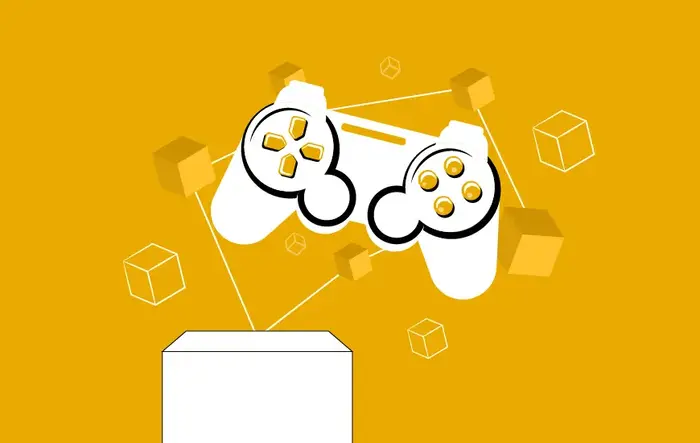Over the past decade, the gaming world has evolved so much that casino players don’t have to travel miles just to quench their gambling thirst. Right now, thousands of gambling games are accessible in a jiffy thanks to leading iGaming sites such as Verde Casino. You can get in and out of an iGaming site in a couple of minutes during your work break, then carry on with your regular program.
As the gaming industry advances, it embraces new technologies, including blockchain. Interestingly, for most of us, when we hear the term ‘blockchain,’ our minds, for a good reason, will most likely jump to cryptocurrencies. This is because many gaming platforms already accept blockchain-powered payment options that are far more efficient and secure than traditional cash-based payment systems.
However, this technology is so much more than just a payment tool that can propel the gaming industry to phenomenal heights. Outside the digital currency, this technology has evolved to be used in different ways across various sectors. For instance, blockchain is, most notably, a vital component of the next iteration of the internet – Web 3.0.
So, as the world gradually shifts from the current Web 2.0, it’s not surprising that game developers (gambling and video gaming alike) want to grab a piece of the pie. But thankfully, this time around, instead of all profits only going to the providers and operators, players can also have their cut in blockchain-powered Web 3.0 spaces. Read on to discover how the migration to blockchain will revolutionize gaming.

The Shift of Gaming to Blockchain and Its Implications
The dawn of futuristic gaming is upon us, and with it comes several expectations from all parties involved, including players. In case you want to have a taste of the new generation of games, some of the biggest hits right include the likes of:
- Age of Rust
- pixEOS
- Reality Clash
- Axie Infinity
- Illuvium
Better still, many different virtual reality platforms have, of late, been driving players crazy with their cutting-edge features. Well, other than the visual appeal that blockchain games offer users, there are reasons why the technology continues to make waves in the gaming world. They include:
Role in Reducing Fraud
Since the advent of online businesses, there has been a new breed of criminals and fraudsters looking to make a coin, and the gaming sector is no different. However, given that blockchain runs on a transparent model and entails an elaborate data encryption mechanism, it’s much easier to curb fraud.
Sometimes, even the random number generator systems at online casinos can be altered at the developer stage. And because there is no way to verify that a game actually pays out according to declared odds, there is no guarantee for the player. On the flip side, blockchain’s distributed ledger technology provides a tamperproof system that would be extremely difficult for hackers to crack. Moreover, the in-game items in a blockchain game are well-recorded, meaning that stealing or duplicating them is impossible.
Gaming Assets Ownership
In the past, in-game purchases were still the company’s property and were subject to the developer’s policies. In the case of blockchain games, the assets exchange hands via smart contracts, which cannot be reversed. These assets can also be transferred to the player’s public address; everything is essentially player-driven. Even after a user leaves the game, they will still be able to maintain their assets and won’t have to forfeit or trade them to other users.
Integrated Player Profiles
Traditional games require players to have a separate user profile for each platform, but in Blockchain games, players can create a single profile that can be used across portals. This makes it easy to transfer owned assets between platforms.
User Control Over Favorite Games
As mentioned, traditional games are owned by the developer, and their continued existence is at the provider’s discretion. However, games built on the blockchain are immutable, which means that once a game is deployed on the network, there will be no changes at a future point. This is also why assets are safe and can be moved around as the player pleases. In addition, subsequent game releases will be launched in different versions and can coexist with previous versions.

What the Future Holds
Blockchain-based games are believed to be the next big thing in the industry, and since launching in 2017, there has been positive reception from players. But, of course, with every relatively new disruptive technology, there is bound to be some skepticism surrounding the legality of it all. Nonetheless, as it stands, supporters of blockchain games continue to defend the tech, arguing that its decentralized nature and the cryptocurrencies that can be earned from it are great for the gaming market.
So, for now, the battle is still on to manage all the challenges that stand in the way of advancing blockchain technology. But, overall, having a more secure gaming experience takes a lot off players’ minds and keeps their heads in the game, making the experience much more entertaining.